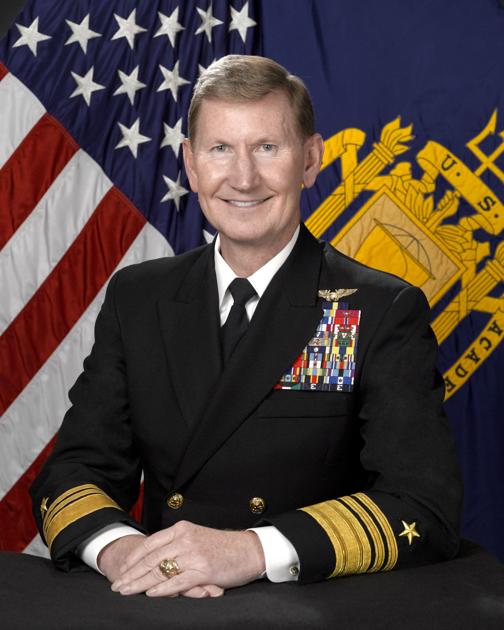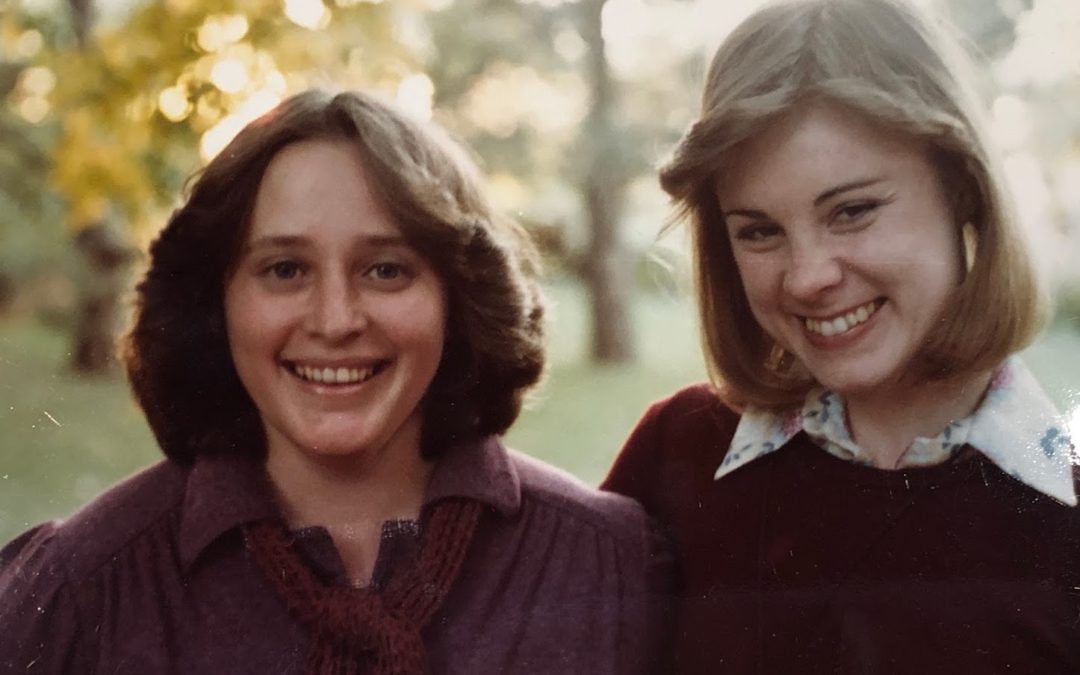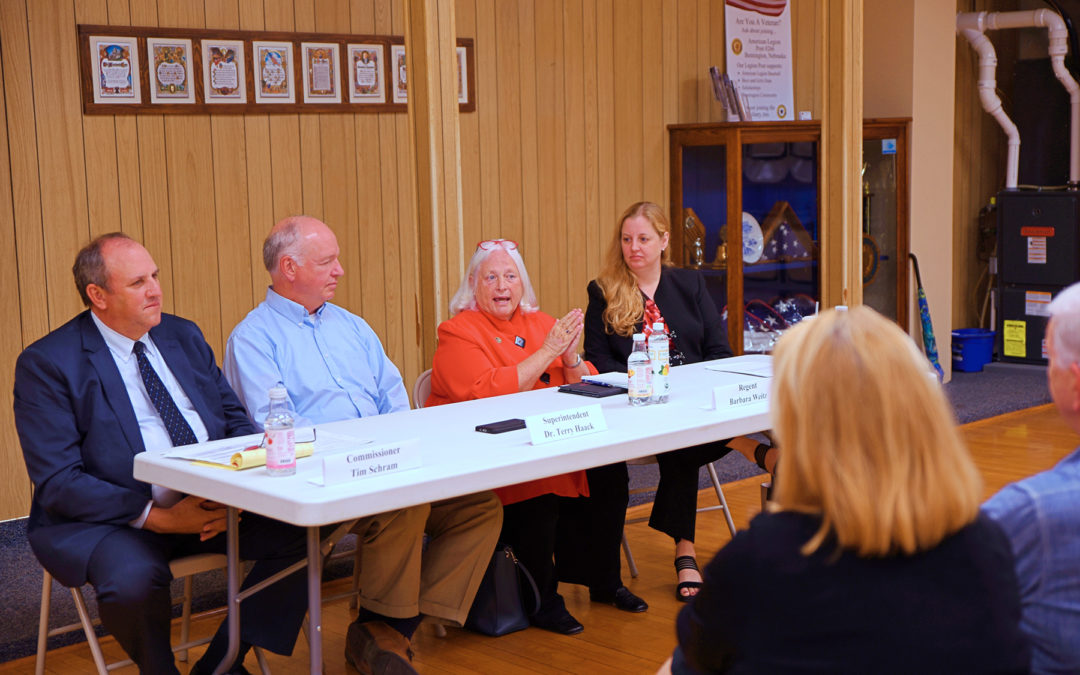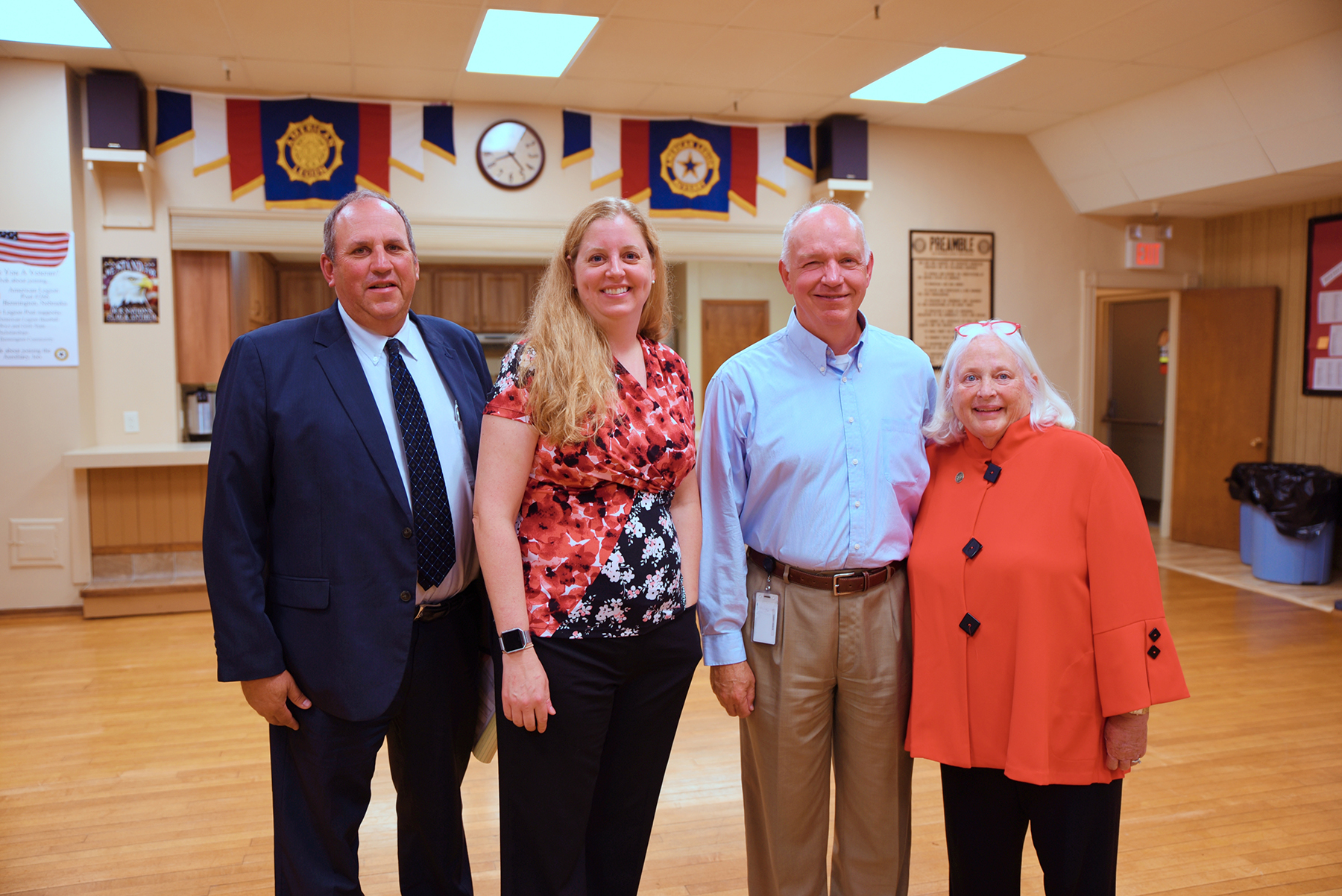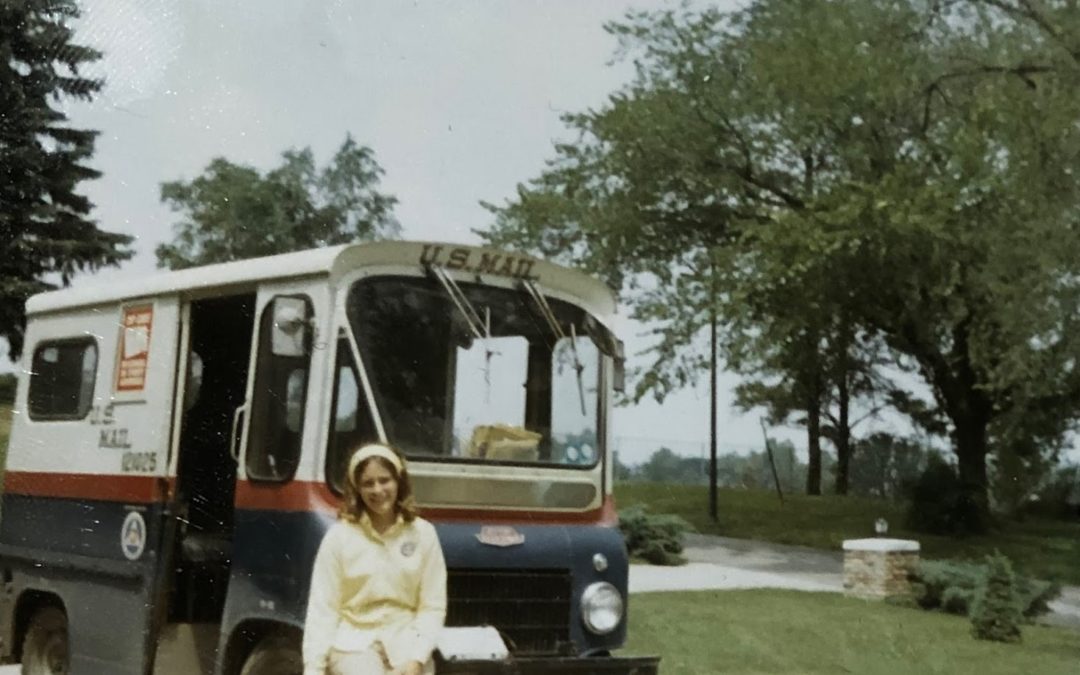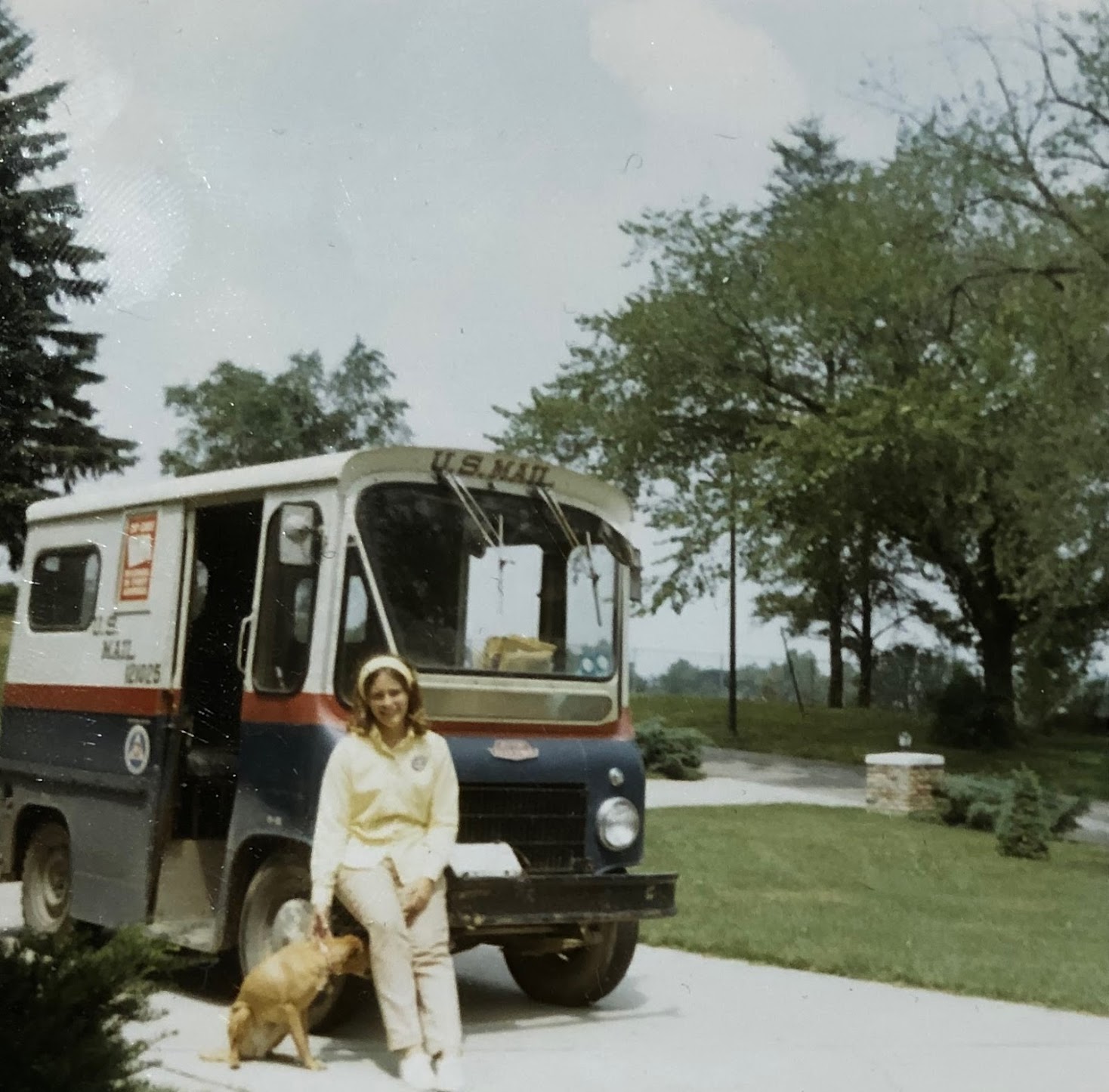
The Art of Expression
The Art of Expression
Expression. It’s a tricky thing.
I’m not talking about the faces you make for pictures or the emojis you send in texts. I’m talking about the kind of communication that feels personal. Important. Tied to your DNA. The moments when raising your voice feels like putting yourself and everything you value on the line. When raising your voice feels like being exposed. That kind of expression.
For most of my life I’ve been more used to being in the background, quietly focused on seeing that things get done without much of a fuss.
Well, that’s been changing lately. Since I started as Regent for the University of Nebraska I’ve noticed changes in how I express and perceive myself. Namely, I speak up. Share my thoughts and ideas. Challenge others if I think something merits more discussion. And even though I’ve always been reticent to talk in a crowd of people I don’t know, here I am.
Sometimes I have to remind myself that I have valid experiences and resources. I chose to serve in higher education because that’s where my life has been. I have something to bring to the table to help the university and the community I love. It’s been interesting trying to find the right balance between being new to the Regent experience and saying “I don’t understand,” and being too disruptive.
Lately I’ve been less worried about the disruptive factor. There’s been a lot of encouragement and I’m fortunate to work on a team with good listeners.
Part of it is getting to know people better – it’s easier to speak to all kinds of people when you feel more comfortable around them.
Part of it is age, I think. If you can’t say what you think at 71, when can you do it?
But part of it is something else, something harder to define. There are times when I realized I would feel bad if I didn’t speak up in the moment. I think about my daughter Katie and imagine her face if I would have stayed silent. I think about my grandchildren, and what kind of Nebraska they will live in – along with everyone’s grandchildren – when we’re done.
And I’m struck by who doesn’t get a voice.
In that way I’ve been emboldened to help provide a platform for people, for a diverse set of voices. After all, I wasn’t elected to sit on my hands. Not when there’s work to do.
*Barbara’s thoughts as written by Kate based on weekly (fascinating) conversations.


